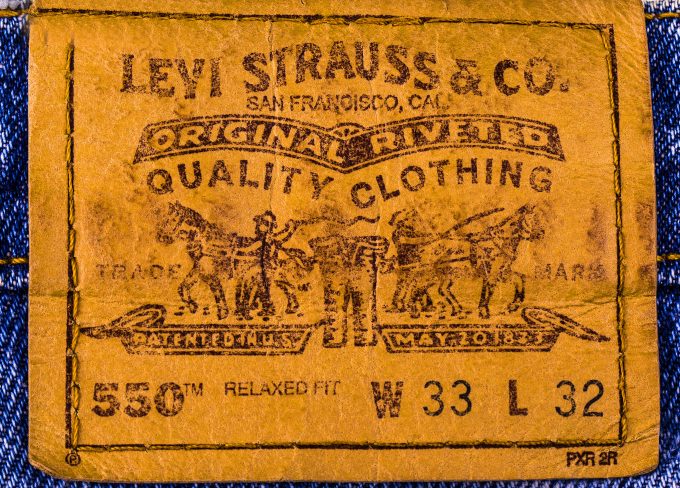Maersk warns of delays in Rotterdam after port workers' strike
Maersk has advised that, following a strike at Hutchison Port Delta II in Rotterdam on ...

The International Transport Workers Federation (ITF) has called on clothing maker Levi Strauss to pressure the Madagascar government into enforcing labour laws and get 43 port workers, dismissed for unionising, reinstated.
A report by the ITF and local labour union Syndicat General Maritime de Madagascar (SYGMMA) suggests dockers employed ...


Comment on this article
VarAway
April 24, 2017 at 3:48 pmMmmmm?
Levi Strauss? Committed to fair working conditions?
Their jeans are selling for € 150 a pair in the EU.
LS is registered in AMS, The Netherlands, including special Tax deals.
Cotton cloth from Bangladesh, stitched together in Mauritius or Malagasy Rep.
Shipped by containers to the EU, the USA, the World,
Cheapest labour costs they can negotiate, nearly taxfree final profits……
And THEY are committed to ” fair ” working conditions?
Give me a break!
Global trade deals are killing EVERY society and civilization!
And NO, I am not a socialist, a communist, a snowflake or a libtard.